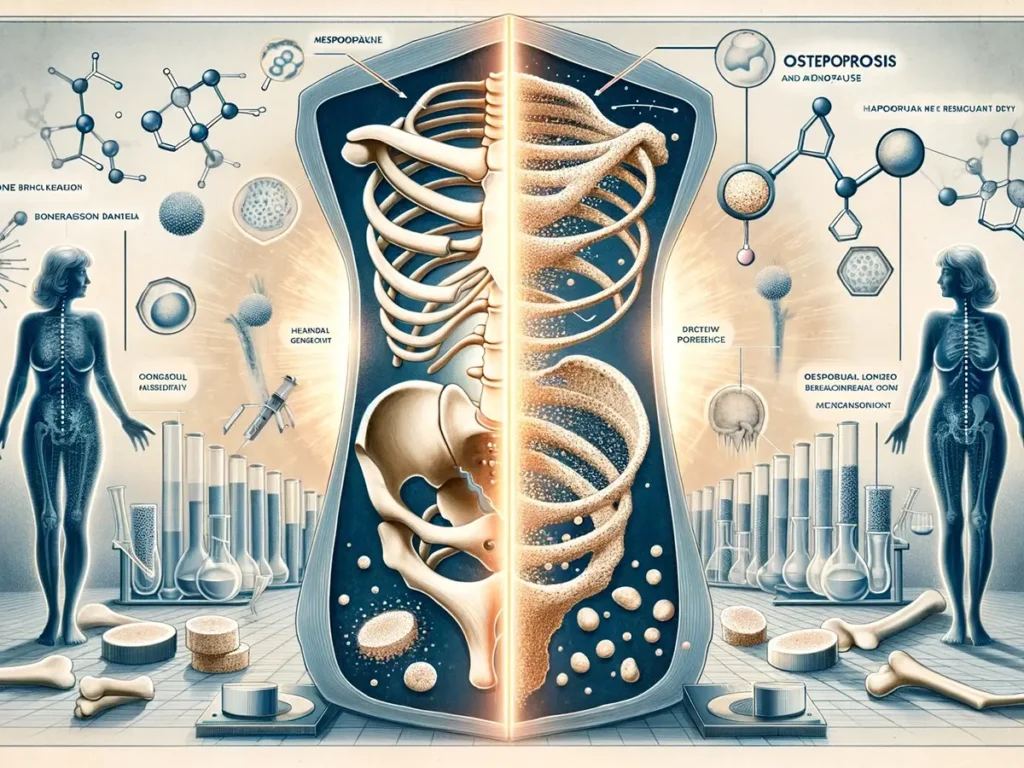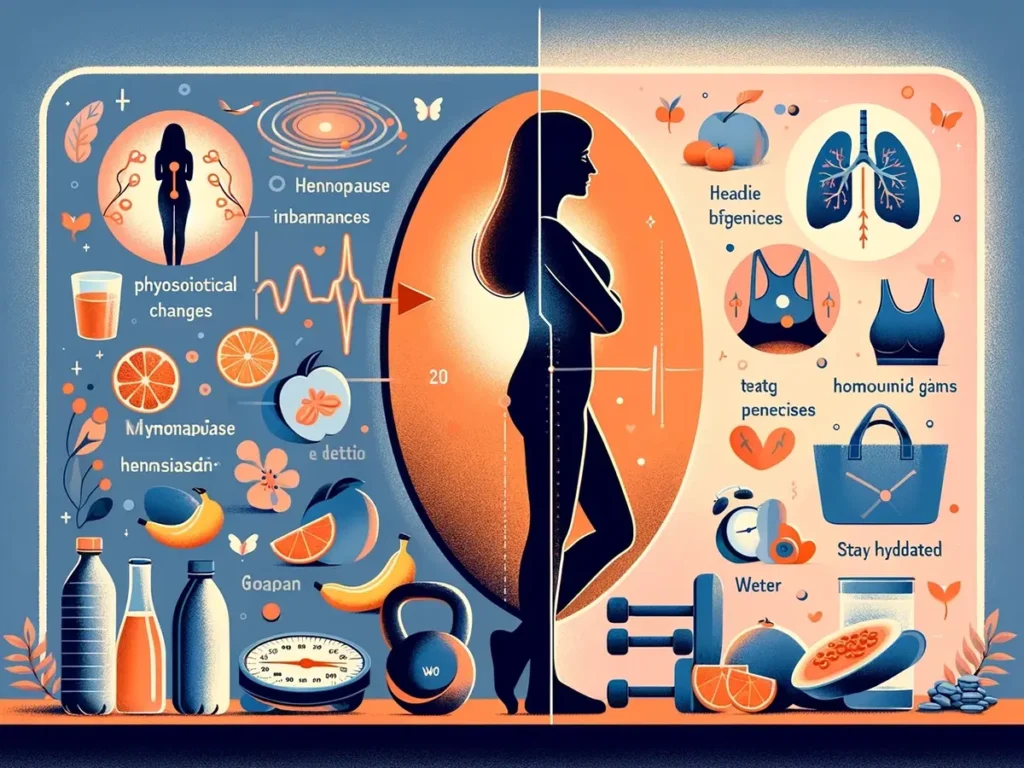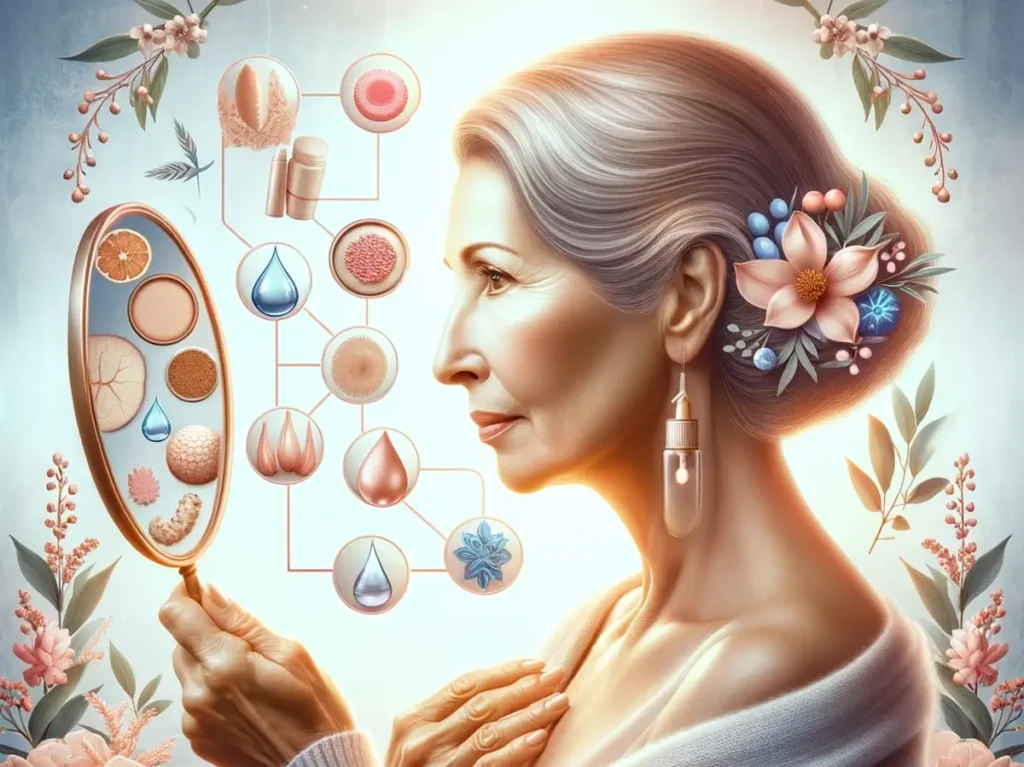Menopause is a natural phase in a woman’s life that marks the end of her reproductive years. While it brings about various changes in the body, one common concern among women during this stage is hair loss. Hair loss can significantly impact a woman’s self-esteem, making it vital to understand the causes, available treatments, and strategies to boost self-confidence.
Causes of Hair Loss during Menopause
Hormonal changes play a significant role in hair loss during menopause. As estrogen levels decline, the balance between estrogen and androgen hormones shifts, leading to an increase in the production of dihydrotestosterone (DHT). DHT is known to shrink hair follicles, resulting in thinner and shorter hair.
Additionally, menopause can also trigger telogen effluvium, a condition characterized by excessive shedding of hair. This occurs due to hormonal imbalances, stress, or other underlying health conditions.
Treatments for Menopausal Hair Loss
While menopausal hair loss can be distressing, several treatments can help address the issue:
- Hormone Replacement Therapy (HRT): HRT involves the use of estrogen and progesterone to balance hormone levels and reduce hair loss. It is essential to consult a healthcare professional before starting HRT to assess potential risks and benefits.
- Topical Medications: Over-the-counter or prescription medications containing minoxidil can help slow down hair loss and stimulate hair regrowth.
- Nutritional Supplements: Certain supplements, such as biotin, vitamins, and minerals, can support hair health and promote growth. However, it is crucial to consult a healthcare professional before adding any supplements to your routine.
Boosting Self-Esteem during Menopausal Hair Loss
Dealing with hair loss during menopause can be emotionally challenging, but there are strategies to boost self-esteem:
- Hairstyling: Experimenting with different hairstyles, such as shorter cuts or adding volume with styling products, can help create the illusion of thicker hair.
- Wigs or Hairpieces: Using wigs or hairpieces can provide a temporary solution to hair loss, allowing women to feel more confident and comfortable.
- Self-Care: Engaging in self-care activities like exercising, practicing mindfulness, and seeking emotional support can help reduce stress and improve overall well-being.
Conclusion
Menopausal hair loss can be a challenging experience for women, impacting their self-esteem and confidence. Understanding the causes, exploring available treatments, and adopting strategies to boost self-esteem can help women navigate this phase with greater confidence and acceptance. Remember, seeking professional advice and support is essential to address menopausal hair loss effectively.






